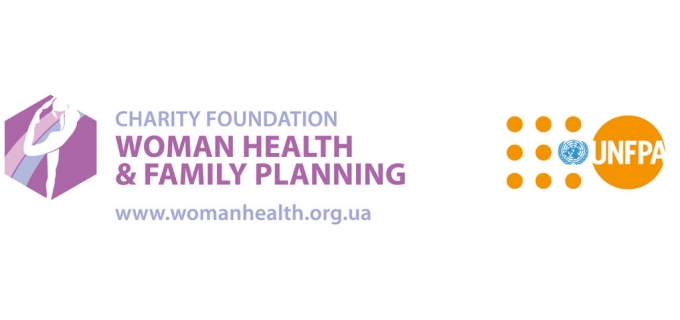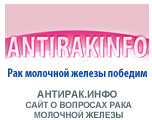Background
According to official statistics, conflict in eastern Ukraine has affected around 5.2 million people, among them 1,7 million officially registered internally displaced people/IDPs, which is more than the population of many countries, including European ones (for example, the population of Montenegro is 647,000, and Estonia - 1,265,000 people). Ukraine has the largest number of IDPs in Europe and included in the list of leading countries of the world. Almost 1 000 000 are women and 700 000 are men. By structure, 12.6 % of IDPs are children, 4.2 % are people with disabilities, 23.7 % working age and 59.1% are receiving some type of pension
Most of the internally displaced people (IDPs) are refugees from such Eastern oblasts of Ukraine as Donetsk and Lugansk as well as Autonomous Republic of Crimea as a result of armed conflict in Eastern Ukraine, Crimea annexation by Russia and general social-economic crisis. Many people were forced to flee their homes and moved to safer parts of Donetsk and Luhansk oblasts or neighboring Kharkiv, Dnipropetrovsk and Zaporizhzhia regions and Kyiv. IDPs, the majority of whom are women, children and disabled, remain the most vulnerable to discrimination, gender-based domestic and sexual violence and abuse, which prevalence rates have seriously increased with the deterioration of humanitarian situation in conflict and close to them zones.
Project Goal
To address humanitarian needs of the most vulnerable women and female adolescents affected by armed conflict in Eastern Ukraine as well as to enhance their access to legal, health and psychosocial services in cases of gender based violence, Woman Health & Family Planning Charity Foundation in October 2015 started the thematic project under the support of the United Nations Population Fund/UNFPA. It’s aimed to improve capacity of primary health care providers to address emergency sexual and reproductive health needs of gender-based (domestic and sexual) violence survivors as well as of potentially vulnerable categories of the population.
Project Results and Achievements
WHFP had been implementing Project in the period of October 2015 – March 2017 in 2 phases.
1st phase: October 2015 – March 2016
Strengthening humanitarian response to the need of most vulnerable women and female adolescents affected by armed conflict in Eastern Ukraine through multi-sectorial prevention and response to GBV and access to SRH services. During this Phase WHFP experts:
Developed and implemented training programs:
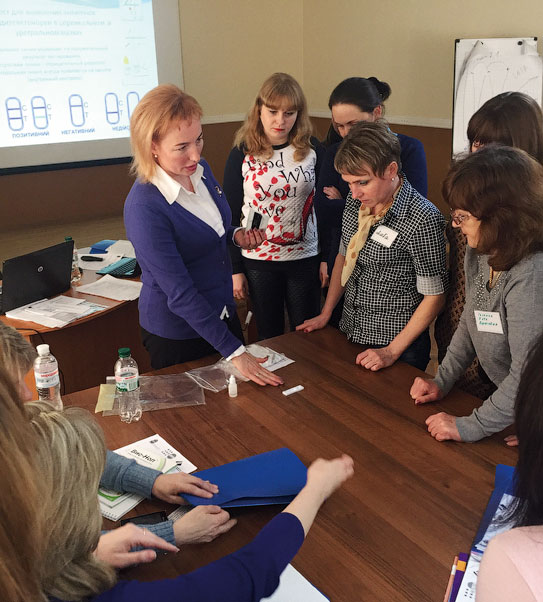
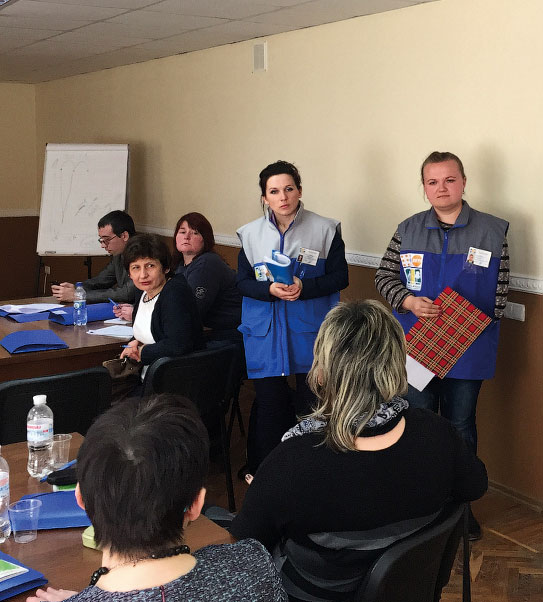
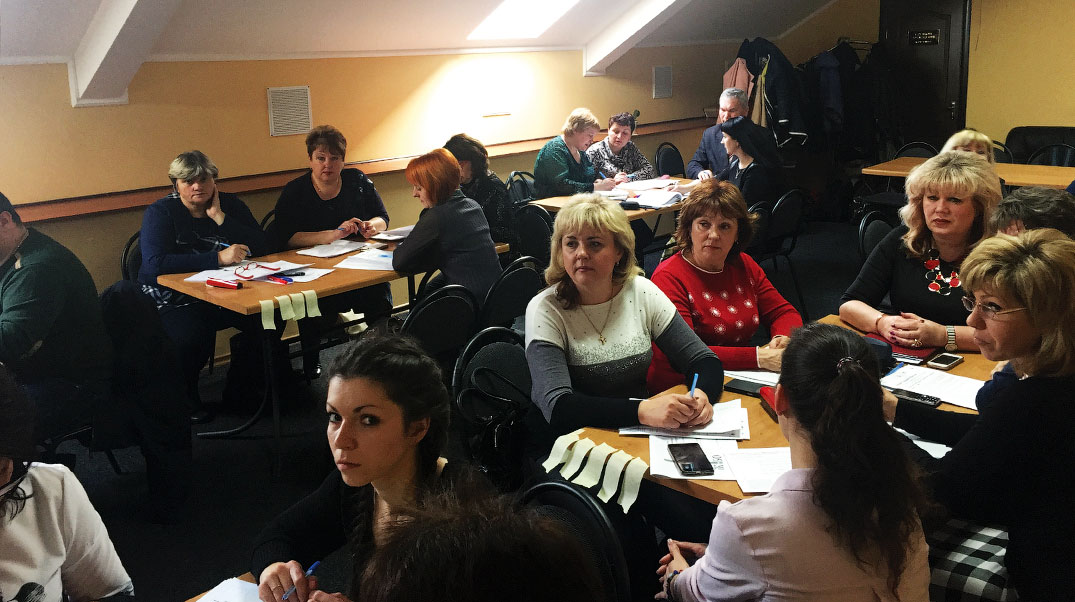
- for obstetricians, gynecologists and midwives on the Improvement of Medical Specialists Capacity in Providing Reproductive Health Services in Emergent Situations;
- for family doctors, dermatologists-venerologists and nurses on the Basic Principles of Syndromic Approach to STI Treatment Among Vulnerable to STI/HIV Groups.
During 1st Phase 712 healthcare practitioners from Kharkiv, Lugansk, Donetsk, Dnipropetrovsk and Zaporizhzhya oblats were trained on the provision of medical services to GBV survivors, including 225 healthcare specialists trained on STIs diagnostic and treatment.
Developed and printed Manual for medical specialists on the “Provision of Reproductive Health Services to Gender Based Violence Survivors”
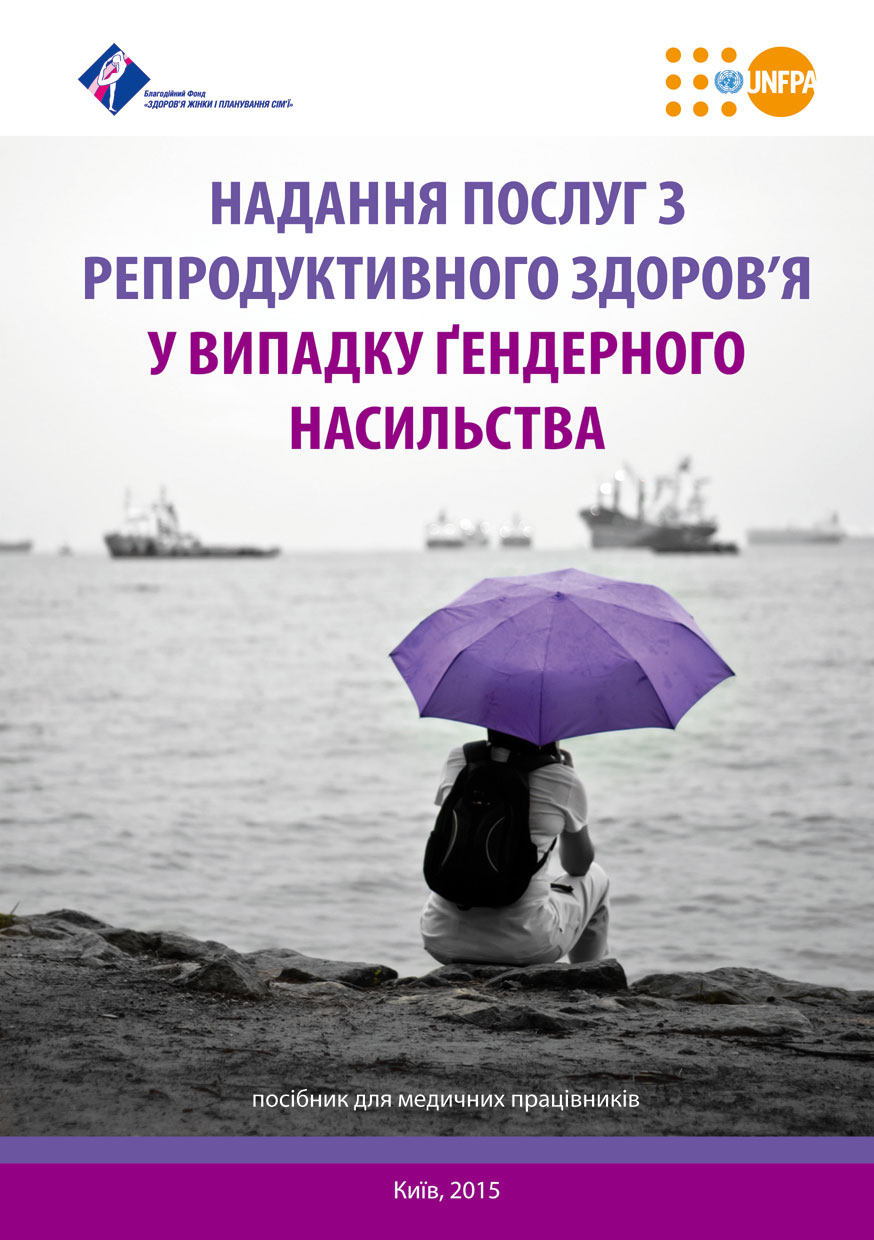
Manual was widely distributed among participants of training programs and sent to regional health departments and divisions of Donetsk, Lugansk, Dnipropetrovsk, Kharkiv and Zaporizhzhya oblasts for further use by local medical institutions.
Developed and printed the set of thematic information materials “Reproductive Health: what to know and what to do in emergency situations / information for women”

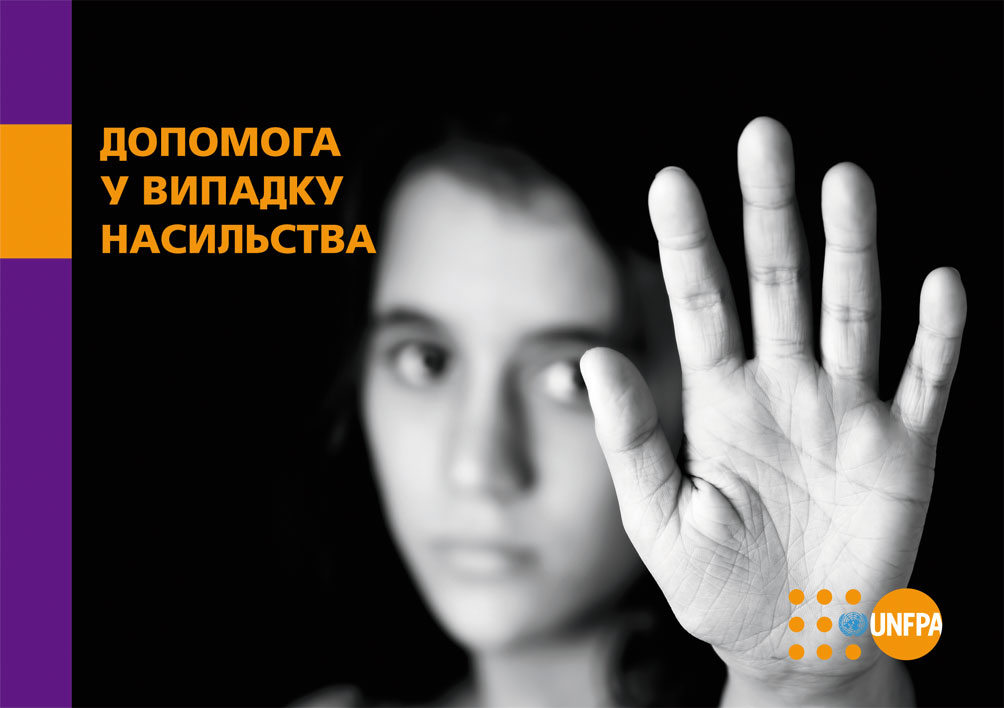

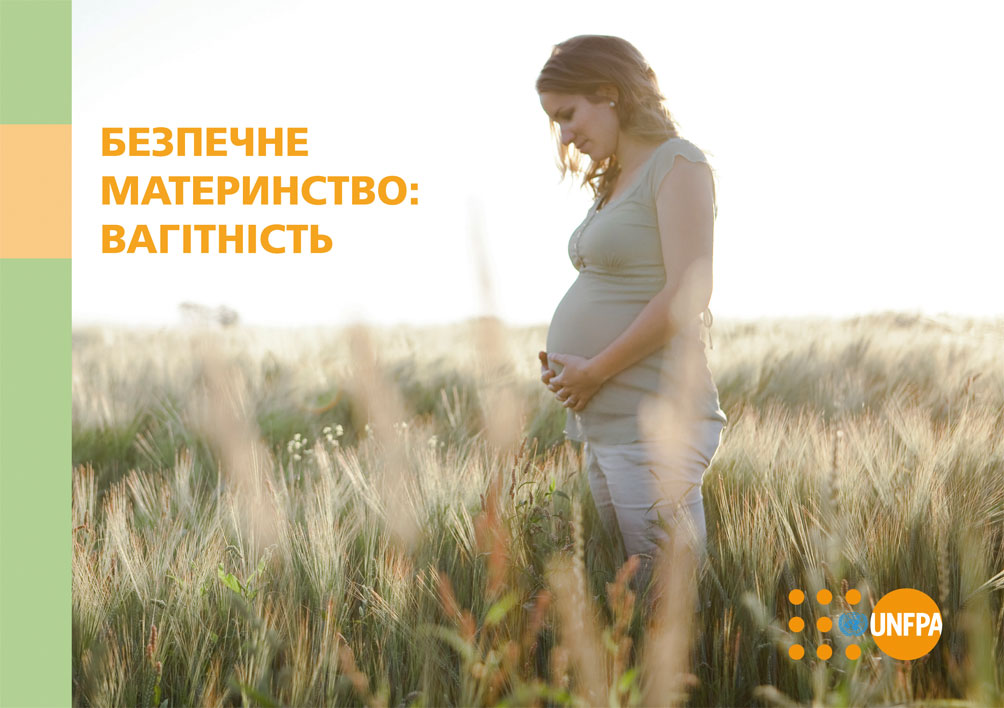
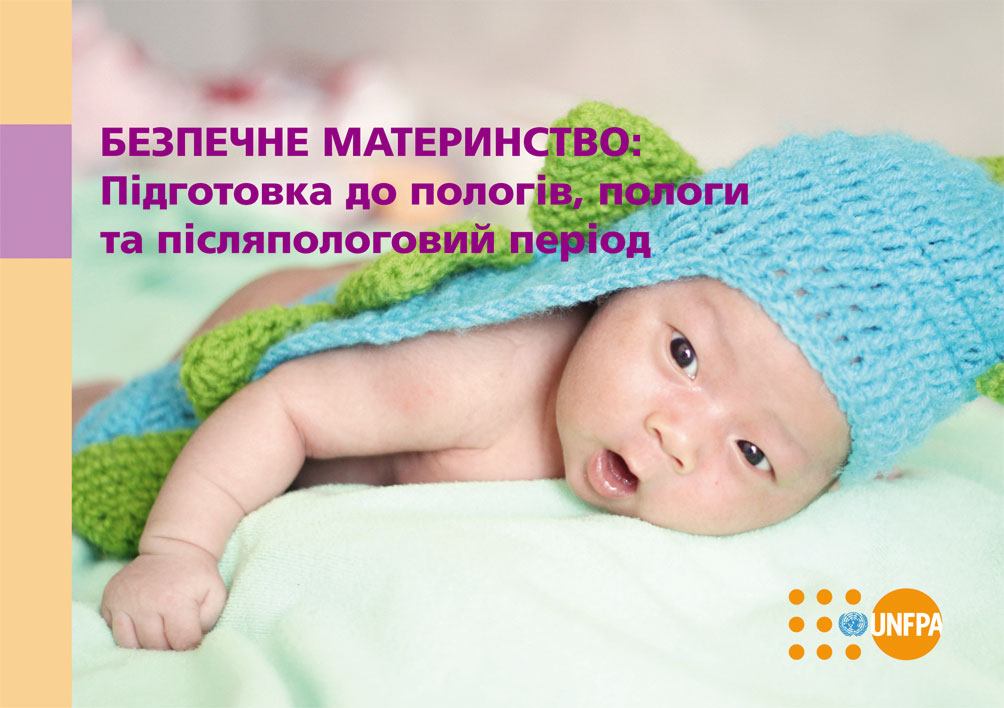
The set consists of 5 broshures, covering important RH issues in case of gender based violence, i.e.:
- Family Planning & Medical Care in Case of Unwanted Pregnancy
- Medical Care in Case of Violence
- Sexually Transmitted Infections and AIDs
- Safe Motherhood: Pregnancy
- Safe Motherhood: Preparation for Delivery, Delivery and Post-Partum Period
Information materials were distributed among participants of training programs in Phase 1 and 2. Besides, they were also sent to Emergency SRH Aid Units of Lugansk and Donetsk oblasts set up during the 2-nd Project Phase.
2nd phase: October 2015 – March 2016
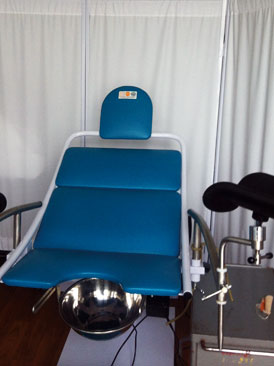
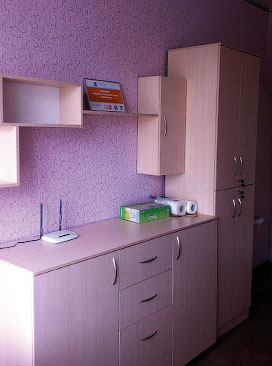
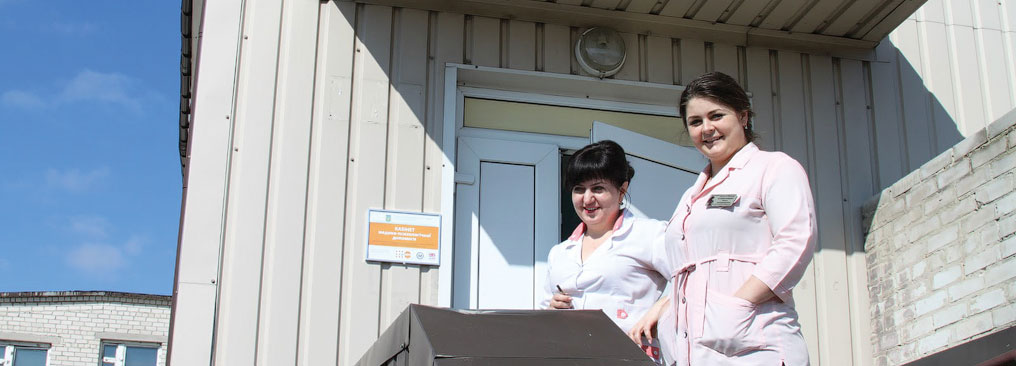
Response to acute humanitarian needs of the most vulnerable women and adolescent girls affected by armed conflict in eastern Ukraine. Bridging humanitarian interventions with response to lingering consequences of the crisis. Within the 2-nd Project Phase WHFP experts:
Developed educational modules and trained:
- 96 medical specialists of the Youth Friendly Clinics of Donetsk, Luhansk and Dnipropetrovsk oblasts by 5-days training program on Youth Friendly SRH service delivery (GBV, STI/HIV prevention) among vulnerable youth based on youth friendly approach;
- 62 medical specialists - obstetricians, gynecologists, family doctors, dermatologists-venerologists and midwives of Donetsk and Luhansk oblasts by 4-days training program on STI/HIV prevention and diagnostic, referral and care of GBV survivors.
- Set up 10 Emergency SRH Aid Units for vulnerable women and female adolescents girls affected by physical and sexual violence in Eastern Ukraine.
Within the Project WHFP Charity Foundation set up, provided equipment and furniture to 5 Emergency SRH Aid Units in conflict and close to them zones of Lugansk oblast (settlements of Popasna, Stanytsia Luganska, Starobels’k, Rubizhne, Bilovods’k) and 5 similar units – in Donetsk oblast (settlements of Kramatorsk, Pokrovs’k, Mariupol, Bakhmut and Volnovakha) for the total sum of 746 530,00 UAH.
It’s a unique service where qualified medical staff trained by special training programs, provide free and anonymous medical and psychological assistance to GBV survivors. Before, women suffered from DBV could go to doctor only after passing through registration and personal identification, which in most cases caused women’s rejection from medical assistance. According to UNFPA data, only 32 percent of DBV survivors seek for help; and only 1 percent of them call for medical assistance. More to say, victims of violence could not do it anonymously.
However, Emergency SRH Aid Units set up by WHFP support are operating on the base of existing medical facilities located in conflict and close to them zones. In such centers equipped by high medical standards with specially trained medical professionals, women can get necessary medical and psychological care and in case of necessity be referred to the appropriate social services. These Emergency SRH Aid Units provides services in the sphere of reproductive health, HIV/STIs prevention and treatment, prevention of unwanted pregnancy, and emergency care of DBV victims. Centers are operating round-the-clock, and provide free and anonymous care.
